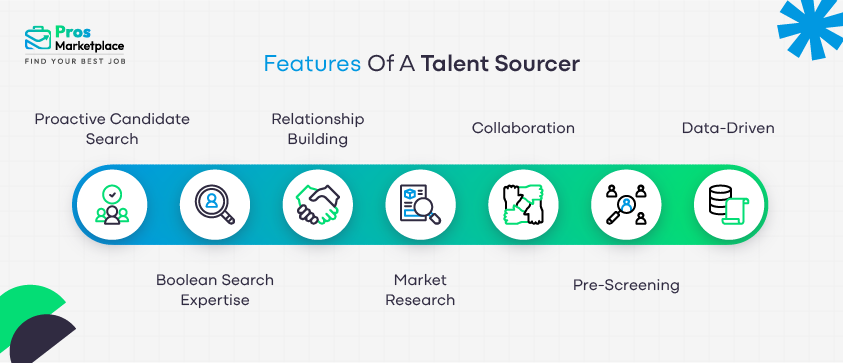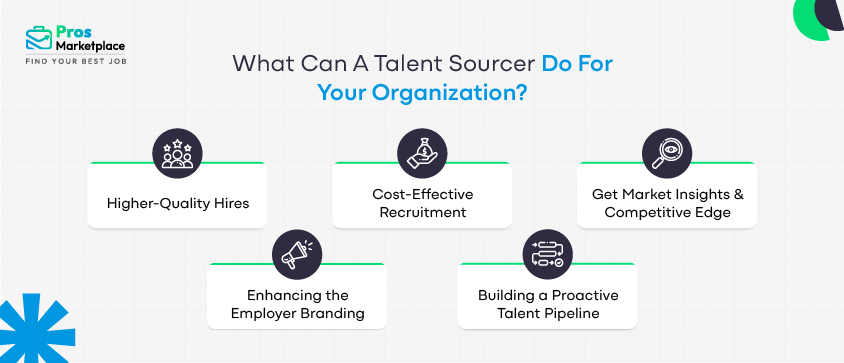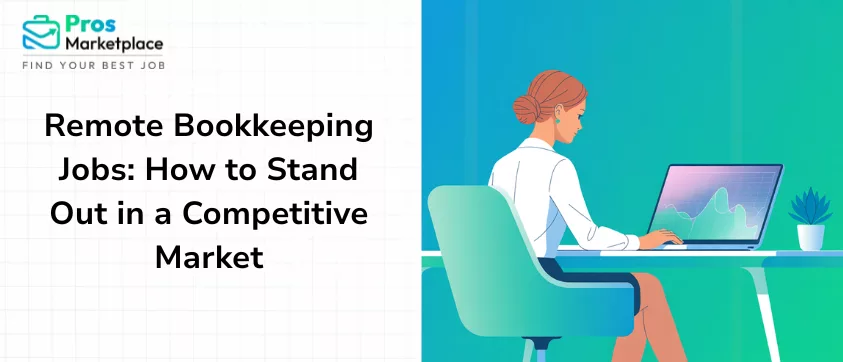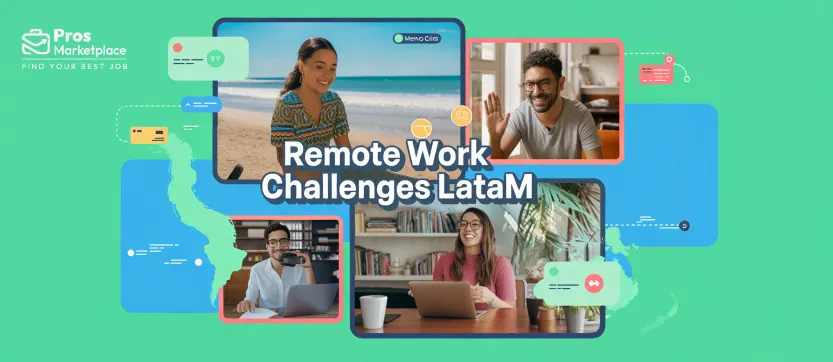Ever wonder how companies find top-tier candidates even before posting a job opening? This is where a talent sourcer steps in. In today’s competitive job market, waiting for candidates to seek out opportunities is no longer enough. Talent sourcers play a vital role in actively finding, engaging, and attracting potential hires—even before they’re actively job hunting. These professionals are the unsung heroes behind streamlined hiring processes, connecting companies with the right talent faster. But what exactly does a talent sourcer do, and how is their role different from that of a recruiter? Let’s break it down.
What Is a Talent Sourcer?

A talent sourcer specializes in identifying and engaging potential job candidates. They focus on both active job seekers and a pool of passive candidates who may not be actively job hunting but still possess the skills and qualifications a company needs.
The role of a sourcer involves much more than simply finding candidates—they spark interest, nurture relationships, and maintain a robust talent pipeline for future hiring needs.
Key Features of a Talent Sourcer
- Proactive Candidate Search – Finds both active and passive candidates.
- Boolean Search Expertise – Uses advanced search techniques for precise results.
- Relationship Building – Engages and nurtures candidate interest.
- Market Research – Studies trends to refine sourcing strategies.
- Collaboration – Works closely with recruiters and hiring managers.
- Pre-screening – Ensures candidates fit the job requirements before moving forward.
- Data-driven – Leverages metrics to optimize and track progress.
Where Do Talent Sourcers Work?
Talent sourcers are commonly part of dedicated recruitment teams in larger organizations, scouting for talent specific to high-priority roles. At smaller businesses, this role might fall under the umbrella of an HR Generalist or be outsourced to specialized agencies.
Talent Sourcer vs. Recruiter
While talent sourcers and recruiters work toward the same goal—hiring the right people—they perform distinct functions in the hiring process.
Here’s a clear comparison of their roles:
| Aspect | Talent Sourcer | Recruiter |
| Role & Focus | Identifies and engages potential candidates. | Screens, interviews, and finalizes hires. |
| Key Responsibilities | Finds active and passive candidates, generates interest, and builds pipelines. | Conducts interviews, negotiates offers, and manages onboarding. |
| Process Timing | Starts early; focuses on research and outreach. | Begins after sourcing, handling selection and hiring. |
| Candidate Engagement | Builds interest before candidates apply. | Guides candidates through hiring steps. |
| Required Skills | Research, networking, and strong communication. | Negotiation, evaluation, and relationship-building. |
| Goal | Develop long-term talent pipelines. | Ensures successful hiring and onboarding. |
How Talent Sourcers Benefit Your Organization

A talent sourcer is essential for a proactive and efficient hiring strategy. Their expertise adds measurable value, from improving hiring quality to enhancing employer branding. Here’s how they elevate your recruitment process:
1. Higher-Quality Hires
Talent sourcers focus on identifying candidates who align with your company’s culture and needs. This concentrated effort leads to better hires, higher retention rates, and long-term team success.
2. Cost-Effective Recruitment
By replacing expensive job ads and third-party fees, talent sourcers reduce hiring costs. Their proactive approach also shortens time-to-fill and minimizes turnover, ensuring a leaner, more efficient process.
3. Market Insights & Competitive Edge
Talent sourcers stay updated on industry trends, salary benchmarks, and competitors’ hiring strategies. This information empowers your business to adjust its approach and remain competitive in securing top talent.
4. Boosting Employer Branding
Current and potential employees are drawn to companies they trust and admire. Talent sourcers actively promote your company’s values and culture, bolstering brand perception and attracting candidates who align with your mission.
5. Building a Proactive Talent Pipeline
Waiting for job openings to identify candidates? That’s the old way. Talent sourcers cultivate relationships with potential hires long before a position becomes available, creating a ready-to-go pipeline of skilled talent.
Sample Talent Sourcer Job Description
Looking to hire a talent sourcer? Here’s what the role typically entails:
Key Responsibilities
- Candidate Identification – Use job boards, professional networks, and social media to pinpoint high-potential candidates.
- Talent Pipeline Building – Establish and nurture long-term relationships with candidates.
- Pre-screening – Assess candidate qualifications and fit before passing them on to recruiters.
- Market Insights – Stay updated on industry trends and competitors to inform hiring strategies.
- Employer Branding – Represent and promote the company’s identity to potential candidates.
- Collaboration – Work closely with hiring managers and recruiters to refine approaches.
Qualifications & Skills
- BA in business administration, HR, or related field (or equivalent experience).
- 2–3 years of experience in talent sourcing or recruitment.
- Expertise in networking, applicant tracking systems, and recruitment tools.
- Strong communication and rapport-building skills.
- Solid understanding of market trends and hiring best practices.
Perks
- Competitive salary based on experience.
- Health, dental, and vision insurance benefits.
- Generous PTO and work-life balance support.
- Opportunities for ongoing professional development.
Why Every Organization Needs a Talent Sourcer
A talent source isn’t just an asset—it’s a strategic necessity for businesses working toward long-term growth. Their contributions are invaluable, from cultivating a proactive talent pipeline to enhancing employer branding and securing better hires.
For organizations that want to stay ahead in a competitive hiring landscape, investing in skilled talent sources is not just smart—it’s essential.







